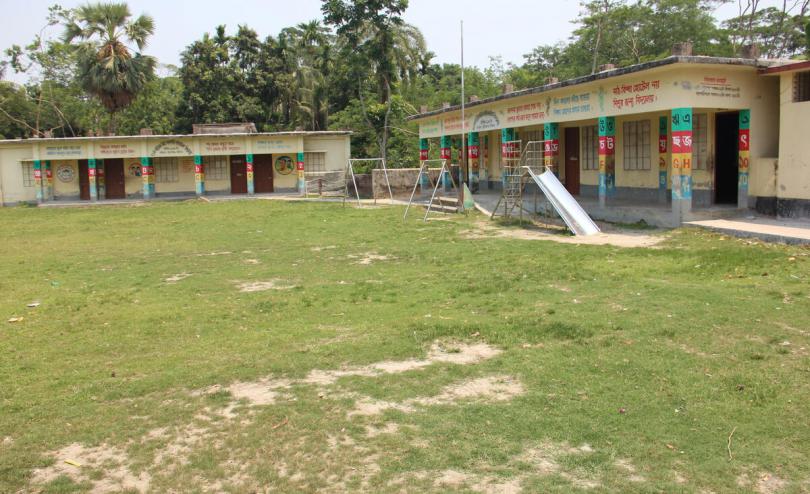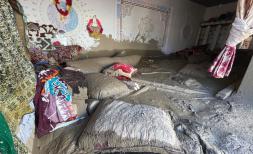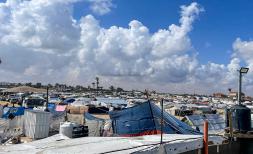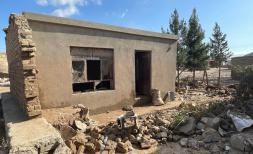Heat-stricken Bangladesh extends school closures

The empty playground of a primary school in Barishal IA, Bangladesh. Photo credit: Shamsuzzaman/Save the Children April 24, 2024.
DHAKA, 30 April - Bangladesh[1] has ordered the closure of all primary and secondary schools for another week following country-wide closures last week brought about by a heat wave which kept about 33 million children out of school as temperatures soared past 42C (108F).
The order from Bangladesh’s high court does not include universities and exempts students who are sitting exams.
Bangladesh follows a Sunday to Thursday work week and the court order directs schools to remain closed until Thursday and resume again on Sunday, though schools with airconditioning were allowed to remain open.[2]
All learning centres run by Save the Children in the Cox's Bazaar camps in southeastern Bangladesh, home to the largest refugee settlement in the world, are also shut this week.
It follows school closures in the Philippines and in South Sudan as persistent heatwaves sweep across parts of Asia and Africa.
Climate and environmental threats are responsible for the disruption of the education of over 37 million children each year[3] and heat has a significant impact on education, with students showing lower levels of achievement during hot school years.
According to a study by HarvardKennedy School, hotter countries tend to score lower on academic achievement measurements.[4] The same research suggests that every one-degree Farenheit increase in temperature reduces the amount learned in school by 1 %.[5]
Shumon Sengupta, Country Director Bangladesh, Save the Children International, said: “The extreme heat in Bangladesh means students haven’t been able to return to school this week and this should be a wake up call for all of us. Climate threats such as heat waves have a significant impact on education with students showing lower levels of achievement during hot school years. Even when they do go to school, heat can hurt children’s concentration. Heat exposure also highlights inequalities, with students from lower-income countries like Bangladesh more likely to live in areas impacted by heat and therefore less likely to have access to mitigation measures such as air-conditioning.”
Bangladesh is one of the countries most vulnerable to the impacts of the climate crisis, and has been classified as the seventh most extreme disaster risk-prone country in the world.[6]
Last year, 2023, was the planet’s hottest year since records began in 1850 and saw global temperatures rise 1.18°C (2.12°F) above the 20th-century average of 13.9°C (57.0°F).
Save the Children has been working in Bangladesh for more than 50 years. Together with government, civil society organizations and businesses we respond to major emergencies, deliver development programmes and ensure that children’s voices are heard through our campaigning to build a better future.
ENDS
[1] https://www.thedailystar.net/news/bangladesh/education/news/hc-orders-close-all-schools-madrasas-till-thursday-3598186?amp.
[2] https://www.dhakatribune.com/bangladesh/court/345195/high-court-orders-closure-of-schools-madrasas
[3]https://resourcecentre.savethechildren.net/pdf/born-into-the-climate-crisis.pdf/
[4] https://www.hks.harvard.edu/announcements/when-heat-student-learning-suffers
[5] https://www.hks.harvard.edu/announcements/when-heat-student-learning-suffers
[6] https://www.germanwatch.org/en/19777
For further enquiries please contact:
Amy Lefevre, Global Media Manager, Asia: Amy.Lefevre@savethechildren.org
Our media out of hours (BST) contact is media@savethechildren.org.uk / +44(0)7831 650409




